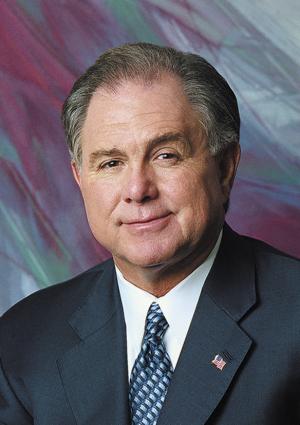States will play a significant role in the resurgence of nuclear power plants in America.
Joe F. Colvin is president and CEO of the Nuclear Energy Institute.
At times, various conditions align and set the stage for achieving goals that may have appeared to be unreachable. Last summer, the Boston Red Sox were all but eliminated from contention, but then won an amazing stretch of baseball games that resulted in a World Series championship.

A similar scenario can be applied to the U.S. nuclear industry-producer of a steady, low-cost, environmentally important electricity source poised to thrive with the possibility of new plant construction in the not-so-distant future.
The National Association of Regulatory Utility Commissioners (NARUC) and state public utility commissions can play a significant role in facilitating the reality of new plant construction-the foundation for economic prosperity and an enhanced quality of life for their states and the nation.
Today, America stands at a crossroads akin to the energy crisis of the early 1970s, when the price of crude oil was at an all-time high and supplies of natural gas appeared to be running short because of price controls.
The country addressed these price and supply risks by investing in new technology and building significant new coal-fired and nuclear capacity. Consequently, nuclear's contributions to U.S. electricity supplies rose from 3 percent in 1973 to 20 percent today, while generation from oil-fueled plants flipped, dropping from 20 percent to 3 percent.
